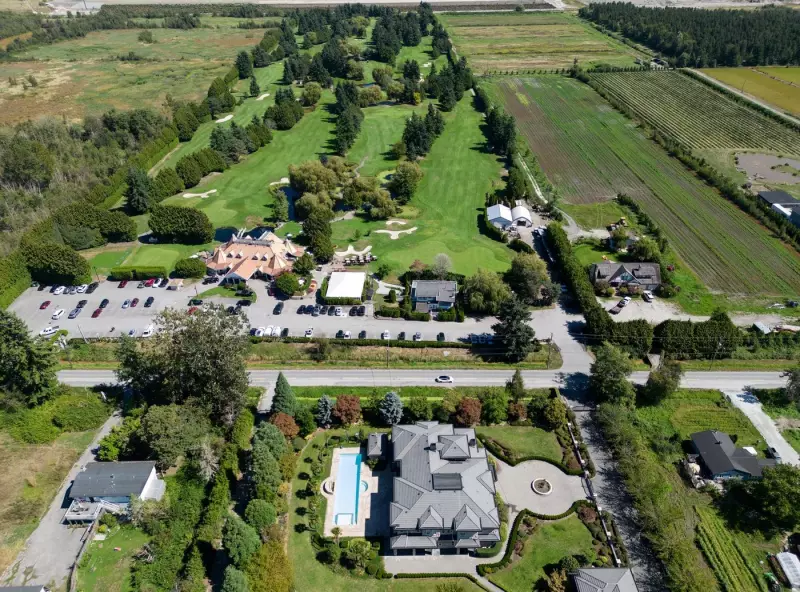
Major Landowner Challenges Aboriginal Title Ruling
In an unusual legal maneuver, the biggest private landowner in the Cowichan region has filed a motion to reopen an Aboriginal title case that was recently decided in favor of the Cowichan Nation. This development comes after a significant ruling from the BC Supreme Court that confirmed Aboriginal title and fishing rights for the Cowichan people over a specific territory on Lulu Island.
Historical Significance of the Land
The court recognized that the area in question, located beside the south arm of the Fraser River, served as a summer village for the Cowichan Nation where community members historically fished for salmon. Historical records from the Hudson's Bay Company dating back to 1824 documented the village containing more than 108 long houses, underscoring the deep historical connection the Cowichan people have maintained with this territory.
The aerial view of the contested land shows houses and farmland along No. 6 Road and the Country Meadows Golf Course, all falling within the boundaries of the Cowichan Nation's Aboriginal title claim. The recent court decision represented a landmark victory for Indigenous rights in British Columbia, making the landowner's attempt to reopen the case particularly noteworthy.
Legal Implications and Next Steps
Legal experts consider this move exceptionally rare in Canadian Aboriginal law jurisprudence. The attempt to revisit a settled title case could establish important precedents for how courts handle similar challenges in the future. The outcome of this motion will be closely watched by Indigenous communities, property developers, and legal scholars across Canada.
The case continues to unfold as both parties prepare their arguments for why the court should or should not reconsider its groundbreaking decision that affirmed centuries of Cowichan presence and stewardship of the land.





